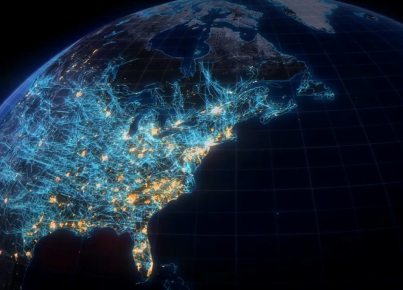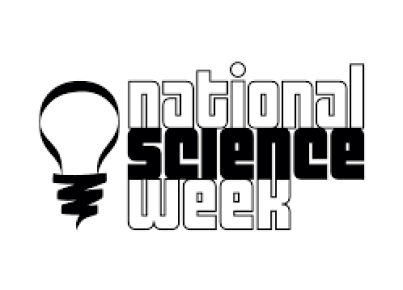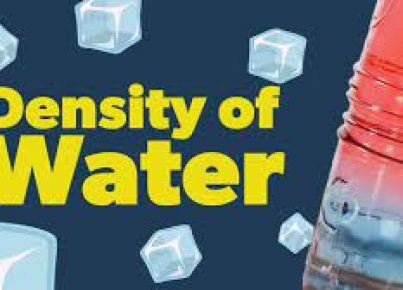Embarking on a cosmic journey through the mysteries of the universe can ignite the imaginations of primary school students like nothing else. Space Week presents the perfect opportunity to introduce young minds to the wonders of astronomy and space exploration. Here are 13 out-of-this-world activities to engage your class during this celestial celebration.
1. Star Constellation Studies: Teach students about different constellations visible from Earth. Have them create their own constellations using star-shaped stickers on black paper.
2. Design Your Own Spaceship: Encourage creativity by asking students to design their own spacecrafts with recyclable materials.
3. Moon Diary: Begin a Moon diary where students can note the moon’s phases over several weeks, drawing and describing its appearance.
4. Alien Puppets: Use socks or paper bags to craft alien puppets, and let children come up with stories about their alien’s home planet and how it compares to Earth.
5. Rocket Launch Simulation: Create a simple rocket launch using a balloon. This will demonstrate action and reaction forces as per Newton’s third law of motion.
6. Astronaut Fitness Training: Put together an astronaut-themed fitness course in the playground to simulate training for space.
7. Solar System Mobile Craft: Have children create their own solar system mobiles using various craft materials to hang in the classroom.
8. Virtual Planetarium Visit: Use technology to visit a virtual planetarium or explore space through online platforms and applications that offer interactive experiences.
9. Space Walk Obstacle Course: Setup an obstacle course that mimics conditions in space, like lower gravity, making movement challenging but fun.
10. Create Craters: Use flour, cocoa powder, and marbles to simulate how craters are formed on moons and planets – drop marbles from different heights and observe the impact they make.
11. Planet Fact Files: Assign each student a planet to research and then create an informative fact file or poster about it.
12. Space-Themed Story Time: Read aloud from space-themed books, encouraging imagination about space travel and extraterrestrial life.
13. Stargazing Evening: If possible, organize an evening where children can observe stars through telescopes, fostering a direct experience with astronomy (with parental supervision).
These activities aim not just for educational outreach but encourage playfulness, creativity, and hands-on learning that can fan the flames of interest in science and particularly in the boundless realms of space for young learners.





